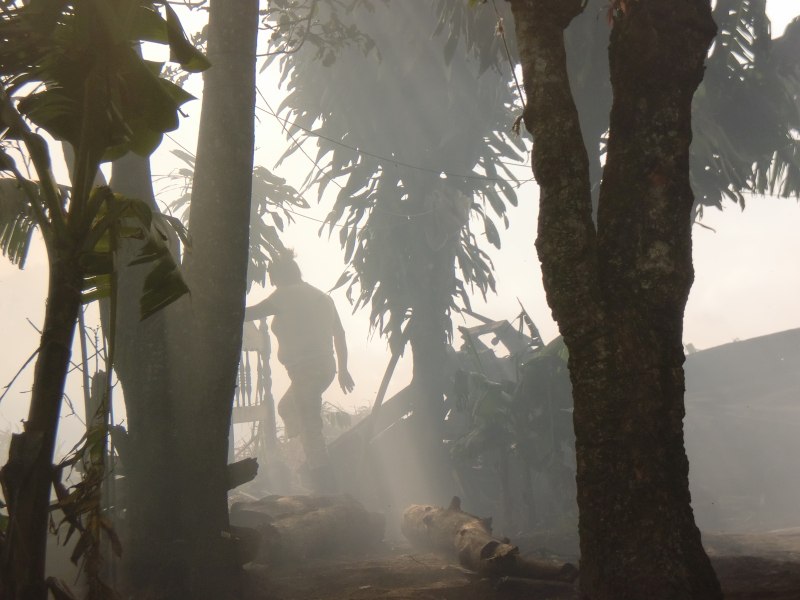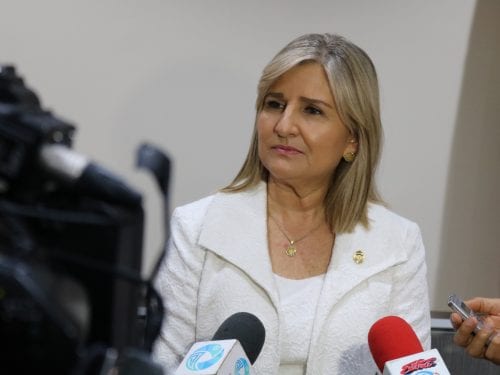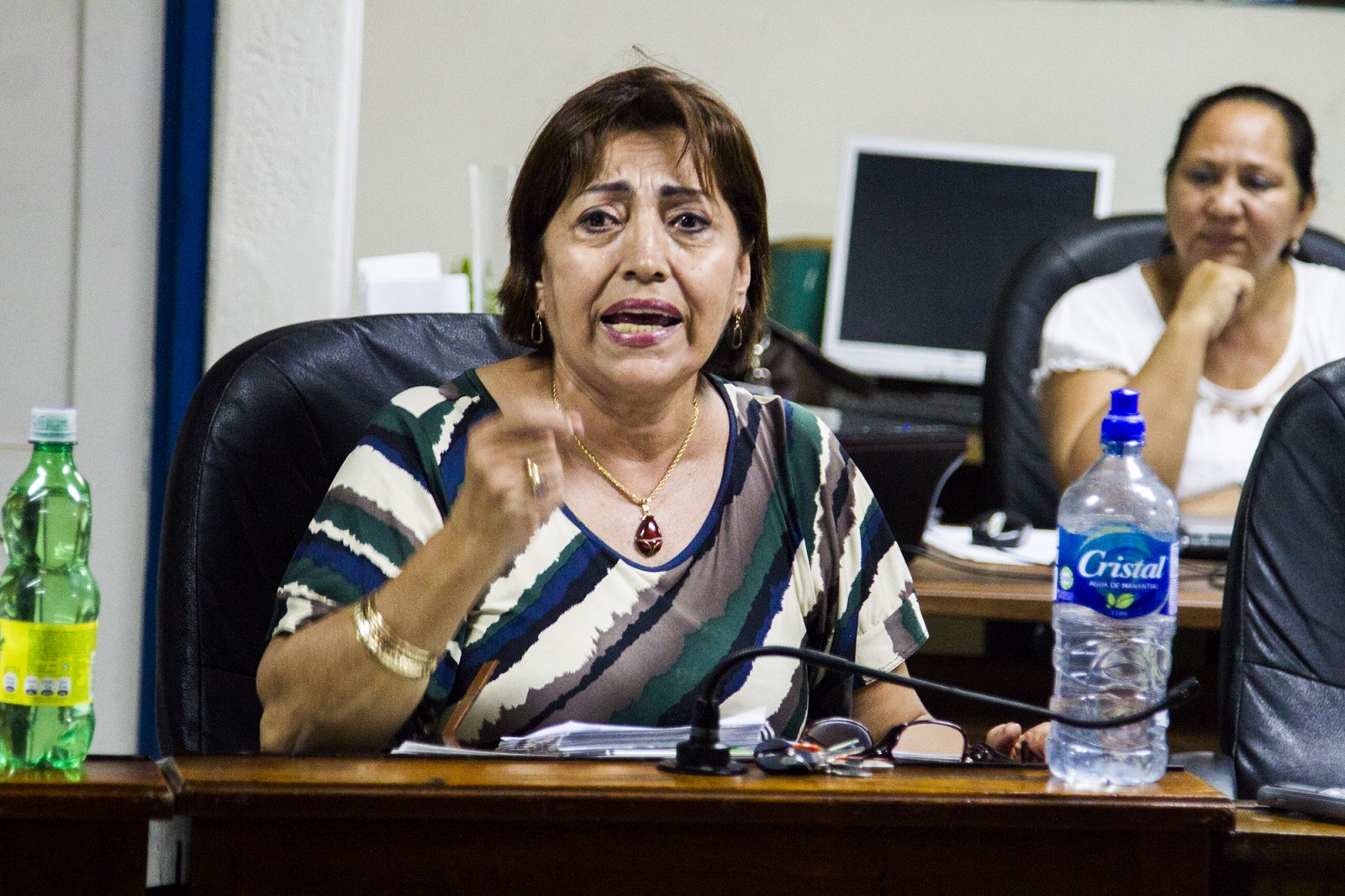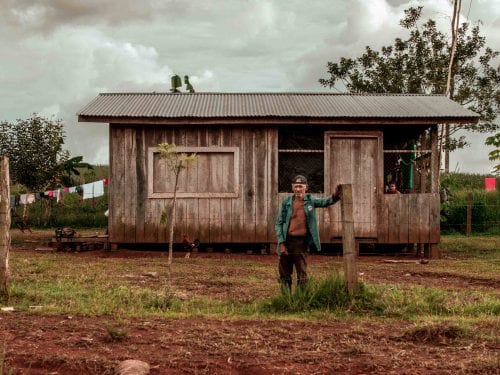
The Constitutional Court accepted the contribution of the Guanacaste Air Brotherhood and Aire Limpio Vida Sana (Clean Air Healthy Life) in the motion of unconstitutionality against the decree that regulates granting permits for agricultural burning, mainly of sugarcane.
The motion of unconstitutionality was filed by Antonio Montero Cespedes, a resident of Carrillo, Guanacaste, a county affected by the fires caused by the sugarcane harvest, which starts in December and ends in late April.
In the motion of unconstitutionality 13-005444-0007-CO, Montero asked for decree number 35368 MAG-S-MINAET from May 6, 2009, called the Regulation for Controlled Agricultural Burnings, to be declared unconstitutional, arguing that it is contrary to Articles 21 and 50 of the Political Constitution.
On this theme, Gadi Amit, of the Brotherhood, said the organization has been working to end the damage and pollution produced by sugarcane burning for more than a decade.
Amit recalled that in 2002 the Guanacaste Brotherhood won an appeal based on unconstitutionality against Central Azucarera del Tempisque (CATSA), but the government administration still hasn’t resolved the problem.
While this motion remains unresolved, burning permits cannot be granted, as ordered by the Constitutional Court last May 17, according to Record 13-005444-0007-CO.
In addition to Amit, Carolina Rugeles Quijano from the organization Aire Limpio Vida Sana will serve as a contributor because they believe the standards being challenged are unconstitutional for violating the right to a healthy and ecologically balanced environment.
According to Rugeles, agricultural engineer, 55% of the dioxins and furans are produced in Costa Rica by open-air burnings, mainly of forest and agricultural cultivation of sugarcane, while 42% are generated by the production of metals.
She argues that burning biomass, especially sugarcane, is a general problem in all tropical countries that produce it, causing enormous health difficulties. She added that some countries that recognize the problem have worked to eliminate harvest by burning and only a few countries with strict control standards and have achieved in, such as Cuba and Paraguay.
In Brazil, Argentina and Colombia, some efforts are made to control this method of harvest, to perform the sugarcane harvest with machinery and to develop medium and long-term plans. It is undoubtedly one of the agronomic actions with greater social and economic impacts and should be considered a global priority due to the current plight of the planet.
In Mexico, she indicated that studies report 50% more asthma respiratory problems during the sugarcane harvest (M. Ruiz Reyes1, 2002), while in Venezuela, studies report an increase of 59% more bronchitis, 57% more pneumonia and 56% more asthma during the sugarcane harvest (sain.inia.ve vol.13, 1991).
Rugeles emphasized that local studies are not necessary since they have been done in other countries to demonstrate the serious damage to health caused by biomass burnings, as well as serious environmental deterioration and damage to biodiversity, water sources, pastures and finally the accumulation of toxins in fatty tissues of animals that end up transmitting it through the food chain to humans.
On the other hand, she mentioned that forest fires in hundreds of hectares per year aggravate the situation, with a high emission of toxins and reduced CO2 assimilation.
Rugeles emphasized that 99% of the fires are caused by human action: 49% by agricultural and pasture burning, 41% by vandalism and hunting, and 5% by burning garbage (MINAET 2013).
The expert also explained that environmental pollution, as in other countries, becomes a public and epidemic health issue with decisions and actions that take precedence over any public, economic or technical interest in production processes to guarantee a decent life for humans.
Moreover, she also pointed out that to the extent that Costa Rica wants to achieve the goals of the carbon neutral country plan by 2021, the suspension burning farmland, garbage and scrubland should be an immediate objective through modifying the 1909 burnings law and the corresponding decree 358368 MAG-S-MINAET, as well as the development of a real national interdisciplinary action objective.
She stressed that “it is important to mention the cost involved for governments not only to look after the health of a sick population, increased medicines and consultations but also the cost of maintaining a Distinguished Fire Brigade in which the members of this respectable entity risk their lives for the benefit of those who incur natural and social destruction”.
She said that in 2012 in Greece firemen attended to 120 fires during 150 days of summer at an average cost of 500,000 colones ($1000) per fire, representing 60,000,000 million colones ($120 billion) in farmland and scrubland that could have been destined to health, hospitals and education, an amount that in the same period in 2013 is being exceeded by more than 18%.







Comments